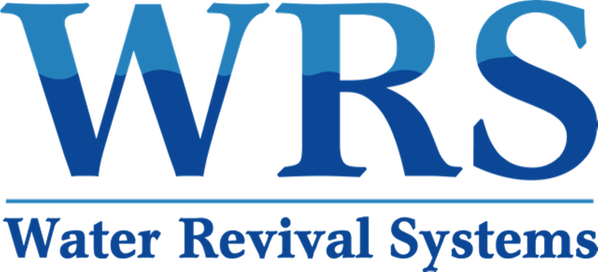CLIMIPHY
The CLIMIPHY project investigates the greenhouse gas emission as well as carbon sequestration of different species and communities of macrophytes, in order to enable river restoration practitioners to design plantation schemes that maximize the intended benefits for biodiversity and water quality at minimal climate footprint. The research is conducted in collaboration with stakeholders in water management and restoration.
Details
- Period: 2024-01-01 – 2028-12-31
- Funder: Formas

Most rivers are highly degraded ecosystems. Two very common restoration measures are the construction of wetlands and the removal of dams, with great benefits for water quality and biodiversity. However, both measures entail the expansion of macrophytes (aquatic and semi-aquatic plants), which can be strong greenhouse gas sources, but also sequester carbon.
The footprint of macrophyte expansion on climate is unknown, since it results from the complex interplay of environmental conditions, plant traits and microbial processes. The CLIMIPHY project will investigate the greenhouse gas emission as well as carbon sequestration of different species and communities of macrophytes, in order to enable river restoration practitioners to design plantation schemes that maximize the intended benefits for biodiversity and water quality at minimal climate footprint.
To this end, we will 1) establish novel Climate Functional Types (CFTs) of macrophytes, 2) quantify the effect of macrophyte biodiversity on the overall climate footprint, and 3) measure the climate footprint of river restoration projects using new airborne gas flux technology, and including belowground organic carbon sequestration.
Close collaboration and targeted dissemination activities will ensure that the research is responsive to the realities and needs of stakeholders, and that the results reach practitioners without delay, thus enabling river restoration that benefits biodiversity, water quality and climate.
A core group of stakeholders from the public sector (Municipalities of Enköping and Uppsala, Swedish Agency for Marine and Water Management HaV) and private sector (the consultancy WRS AB) will be involved in the project from the start, e.g. for site selection and study design. Research will be conducted on their restoration objects (e.g. LOVA-projects), creating exchange around a common interest that warrants a tight linkage of the research to stakeholder needs and realities.
This is a four-year research project financed by Formas (2024-2028) under the 2023 special call “Links between climate, water and biodiversity”.


